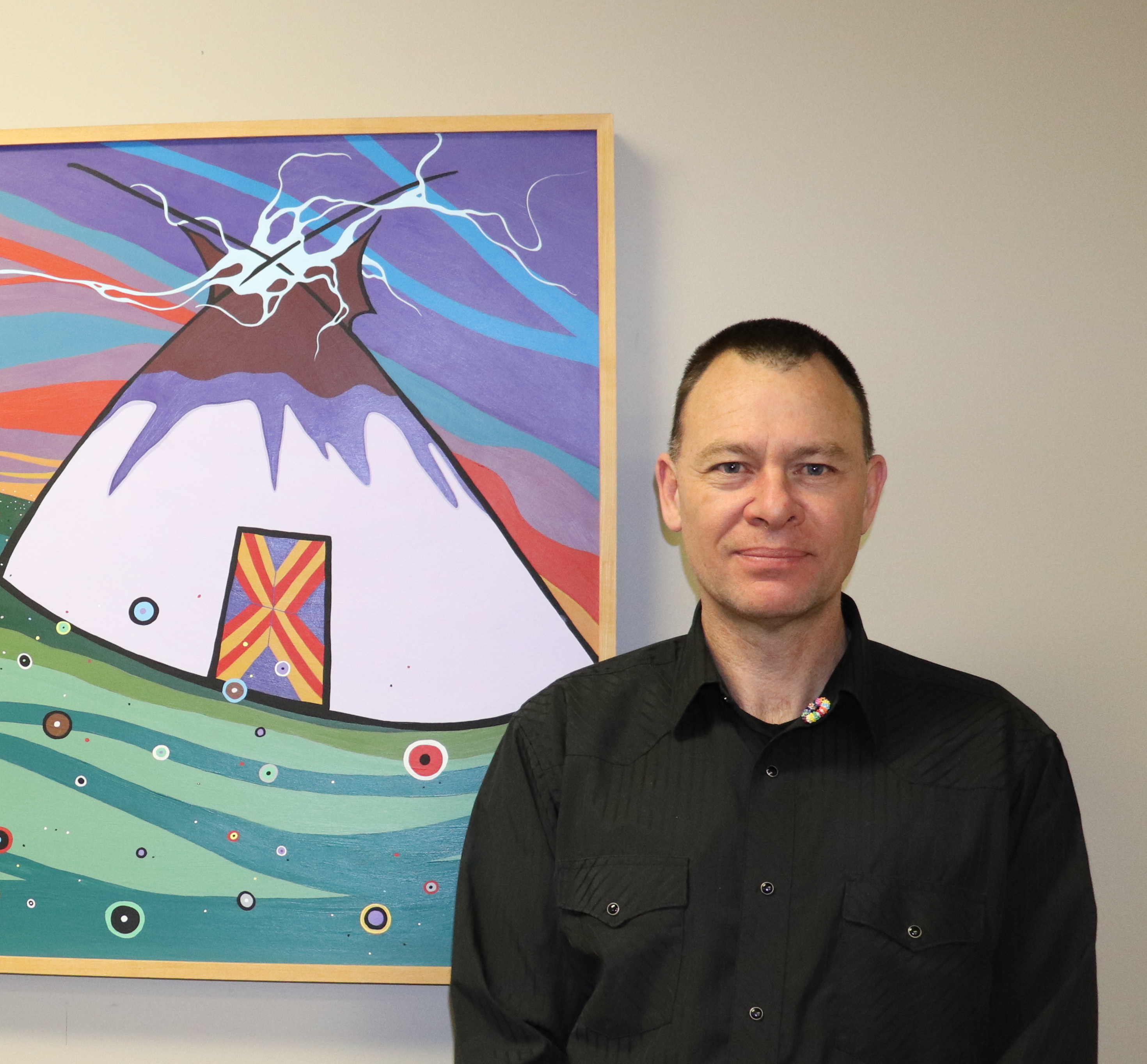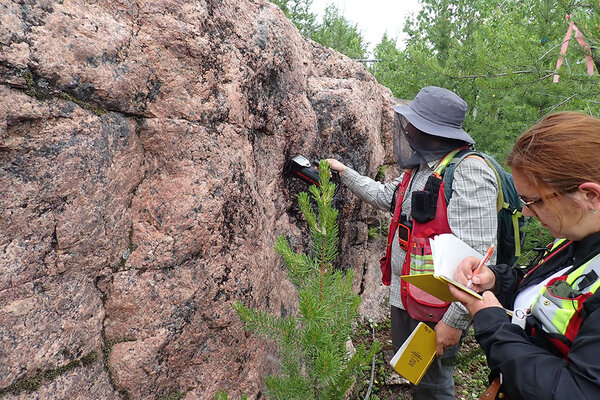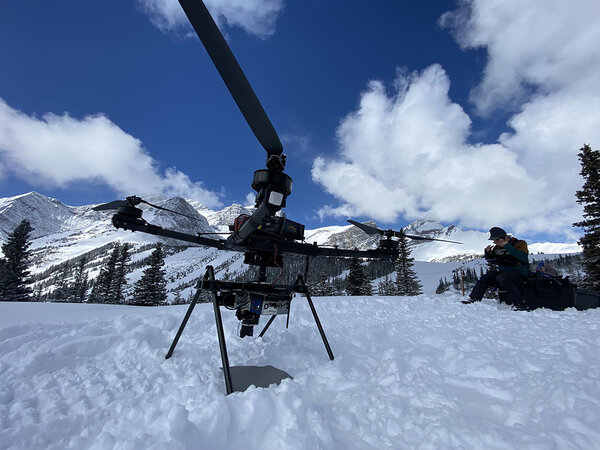
The importance of space, place, and protecting Elders: Indigenous communities’ responses to COVID-19
Indigenous studies professor Dr. Simon J. Lambert (PhD) is the scientific director of the CIHR-funded National Network Environments for Indigenous Health Research (NEIHR) Coordinating Centre
This article about Dr. Simon J. Lambert (PhD), an Indigenous studies professor in the University of Saskatchewan's College of Arts and Science, was originally published in the June 17, 2020, edition of the Canadian Institutes of Health Research (CIHR) Institute of Indigenous Peoples' Health (IIPH) newsletter. It is reprinted with permission.
By Sidney Ray Shacter
2020 has been a year of worldwide upheaval, as novel coronavirus COVID-19 incites mass quarantining and physical distancing protocols to slow the spread of the virus, highlighting socioeconomic and racial inequities.
As an expert on disaster risk reduction for Indigenous communities, Dr. Simon Lambert, the Scientific Director of the CIHR-funded National Network Environments for Indigenous Health Research (NEIHR) Coordinating Centre, has a unique perspective on societal responses to COVID-19.
Proficient in Māori, Dr. Lambert is a member of the Tuhoe and Ngati Ruapani tribes in Aotearoa, New Zealand, who is collaborating with international Indigenous colleagues to promote Indigenous voices at the UN Global Platform on Disaster Risk Reduction.
Dr. Lambert was chosen as Scientific Director for the National NEIHR Coordinating Centre, which supports nine new NEIHR Indigenous health research networks across the country, due to his many international connections. The Coordinating Centre is based at the University of Saskatchewan alongside the Saskatchewan NEIHR network, led by Dr. Caroline Tait, a Métis medical anthropologist, in collaboration with a team of Indigenous health researchers and community partners, including Métis Nation-Saskatchewan and the Federation of Sovereign Indigenous Nations.
When discussing the pandemic, Dr. Lambert notes that many societies knew it was coming. "Despite this, most have struggled with their response, and they will struggle with recovery because they didn't reduce their risks and weren't particularly ready. The lack of personal protective equipment in advance of the disaster, for example, was a significant oversight."
He believes ongoing colonization has exacerbated societal responses to the pandemic. “Colonization is a disaster that we are still recovering from and responding to. It has compromised the location of communities, access to necessary health care, and maintenance of food security, all of which affect the level of resilience to events like COVID-19."
Including Indigenous voices and perspectives is key to recovery planning, and can be an act of reconciliation, he says, as Indigenous people are “on the ground in their communities, know each other, know who needs help, and know what they're doing.
“Although we don’t have a lot of data specific to COVID-19, we do know that space and place matter. The issues in remote communities appear to be isolation, lack of services, lack of trained personnel, challenges in flying in trained personnel, and the logistical difficulties and costs of evacuations," says Lambert. "Certainly, overcoming the challenges of poverty within the context of a pandemic is a question Indigenous communities face around the world."
Dr. Lambert has been encouraged to see the strong support from non-Indigenous people in Canada of Indigenous communities’ sovereign right to protect their people during this pandemic, through measures such as limiting access to their communities. “There have been powerful Indigenous sovereignty initiatives by communities in this pandemic, with robust non-Indigenous support."
The pandemic has also highlighted how much Indigenous communities value their Elders, gathering around them in times of crisis to support and protect them. This view can be at odds with public health measures, he explained, as he saw with vaccine shortages during a public health crisis in Washington State. While state officials wanted to prioritize younger people to receive vaccines, as they had longer to live, Indigenous leaders countered that Elders should be prioritized, as they are the holders of cultural and spiritual teachings critical to the health of Indigenous communities.
The community there eventually won that argument, but the disasters keep coming. Community strength, resilience, and support remain central to Indigenous responses to these overlapping and ongoing disasters, and these values have formed the core of Indigenous communities' responses to the COVID-19 pandemic. "Indigenous communities' coping strategies include family, Elders, food, and the environment," says Lambert. "There are good reasons why people have prioritized these for thousands of years."
For more information on Dr. Lambert and his research, see the webinar he gave recently as a mentor with the CIHR-funded Saskatchewan Indigenous Mentorship Network, Indigenous disaster and emergency management: do past disasters give insight into the Covid-19 pandemic?
(Sidney Ray Shacter is an undergraduate student at the University of Saskatchewan. She is Métis from Saskatoon. Sidney is working as a communications coordinator with the Saskatchewan First Nations and Métis Health Research Network and the NEIHR National Coordinating Centre.)


